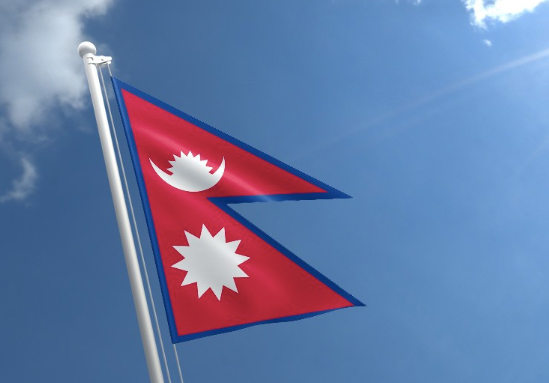
Nepal: Amendment bill to Transitional Justice Act needs revision
Nepal: The current amendment bill to the Transitional Justice Act needs to be revised to ensure respect for the right of victims to truth, justice and reparation

Nepal: The current amendment bill to the Transitional Justice Act needs to be revised to ensure respect for the right of victims to truth, justice and reparation
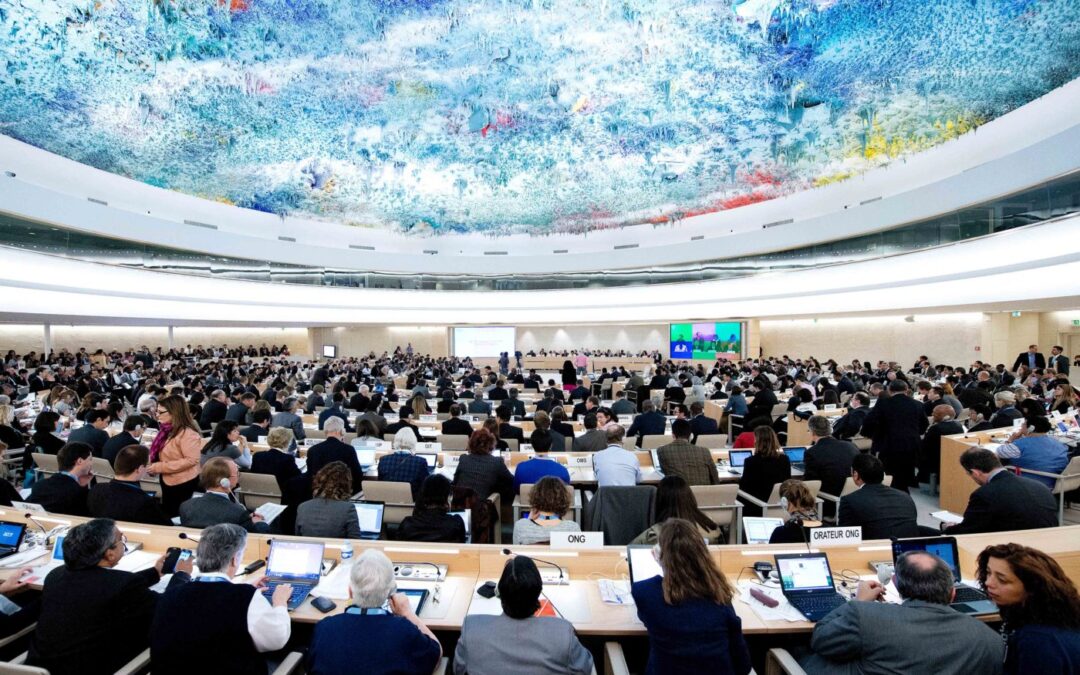
The ICJ today called on the UN Human Rights Council and its Member States to ensure accountability for gross human rights violations of women and girls in Afghanistan.
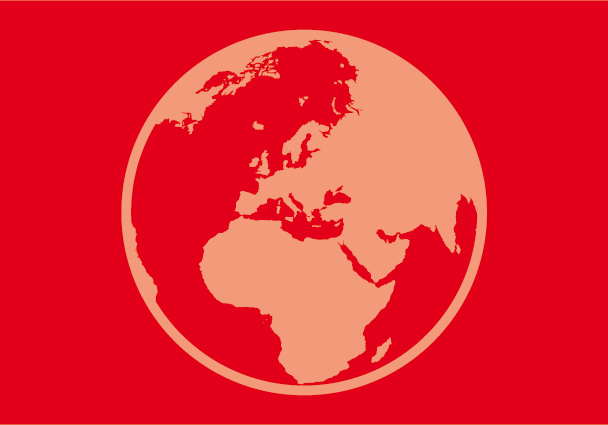
The ICJ today delivered a statement before the UN Human Rights Council during the Panel discussion on the adverse impact of climate change on the full and effective enjoyment of human rights by people in vulnerable situations.
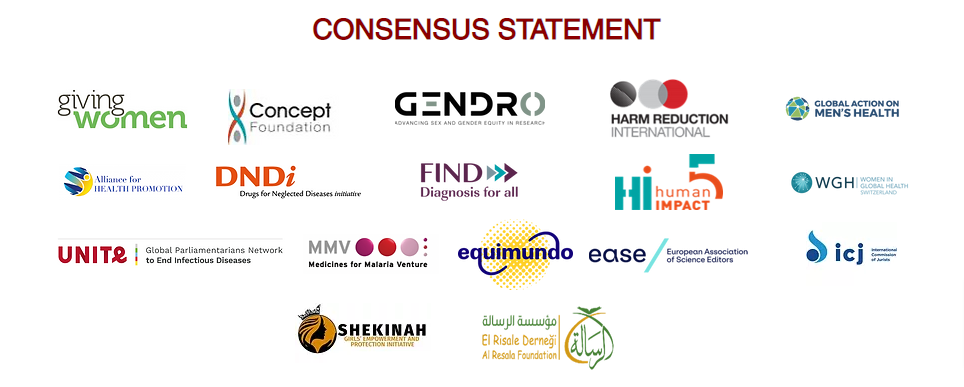
The International Commission of Jurists (ICJ) is part of a coalition of 17 civil society organizations and academic institutions, convened by GENDRO, calling for a gender-responsive international instrument for an effective and equitable prevention, preparedness and response to future pandemics.
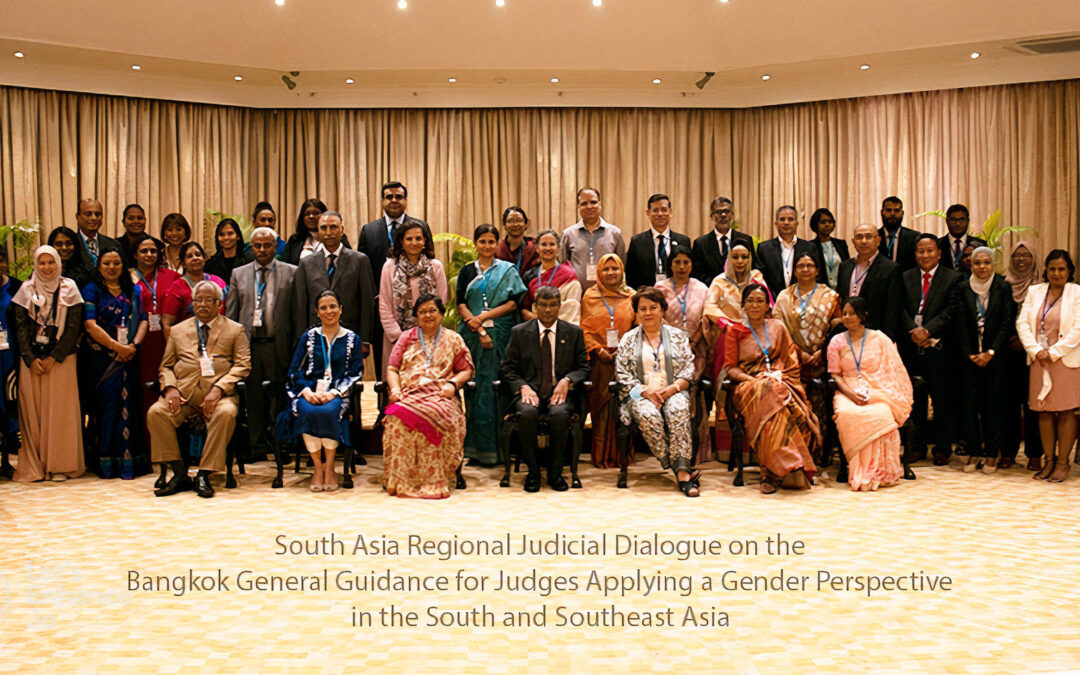
On 28 – 29 May, the ICJ convened a South Asia Judicial Dialogue with the participation of thirty South Asian judges from Bangladesh, India, Maldives, Nepal, and Pakistan to discuss the implementation of the Bangkok General Guidance for Judges in Applying a Gender Perspective (BGG).